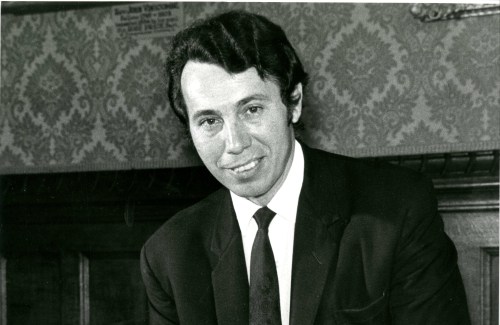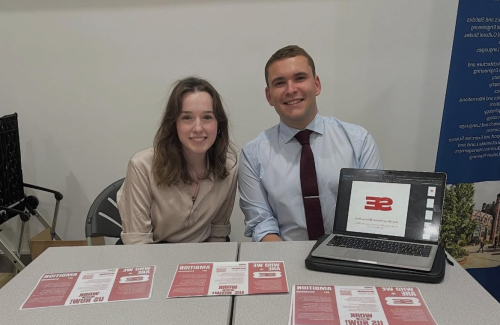More Pembroke news
The Rocky Road to Legacy: Lessons from the 2010 FIFA World Cup South Africa Stadium Programme
NEWS |
Dr Eamonn Molloy, Pembroke Fellow in Management, and Trish Chetty, Director at K40 Group and alumna of the MSc in Major Programme Management at Saïd Business School, have published a new study into the impact of the management of the 2010 FIFA World Cup stadium programme on the tournament's eventual legacy.
The ‘legacy’ of hosting a major sporting event, such as the FIFA World Cup or the Olympics, is the prevailing argument made by host countries to justify the huge expense of the event. South Africa, Brazil, and Qatar have all stated that hosting the World Cup would provide their countries with significant progress towards their development goals, including poverty alleviation, infrastructure provision, increase in public sector investment, and job creation. However, it is increasingly suggested that the lasting impact of major events does not justify the massive expense.
The new paper, published in Project Management Journal, found that the South African programme adopted a fragmented approach to building stadiums from the bid stage. The authors conclude that the lack of a single clear strategy that integrated all of the stadium projects into one major programme was the critical factor in the discord between the expected legacy and the reality.
‘As the trend for developing countries hosting mega-events is increasing, with Brazil hosting the Olympics in 2016 and Qatar holding the World Cup in 2022, emphasis will continue to be placed on the positive legacy of the games,’ says Dr Molloy.
‘For countries to ensure the legacy they promise when bidding for an event is fulfilled, an overarching strategy has to be put in place to manage all direct infrastructure and venue construction. Our recommendation is that countries should establish a World Cup Development Authority to oversee all of the direct infrastructure programs. Failure to improve management of infrastructure around major sporting events means that the world’s sporting entertainment will be paid for by those least able to afford it.’
The full report is available by clicking here, and was quoted in an article in The Independent on 30th May. Click here to listen to Dr Eamonn Molloy discussing this subject on Newsday on BBC World Service on 1st June.

